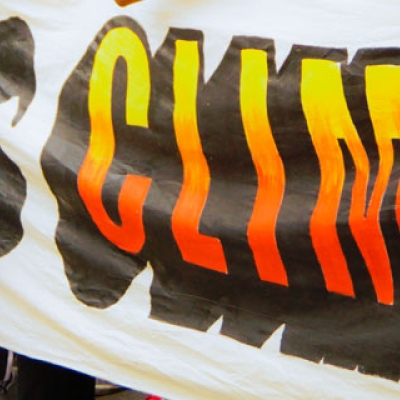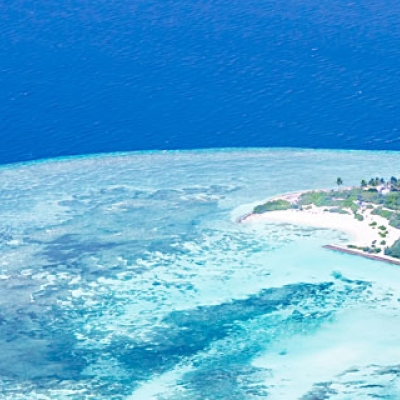
Human Impacts on Natural Systems
By Cristina Eisenberg / On January 17th, 2011
As a conservation biologist, I study the ecological effects of wolves on food webs, focusing on their primary prey (elk) and the foods their prey eat (aspens). My work takes place in Waterton Lakes National Park, Alberta, which has many bears in it. Doing wolf research provides essential lessons about the web of life and coexisting with bears.



